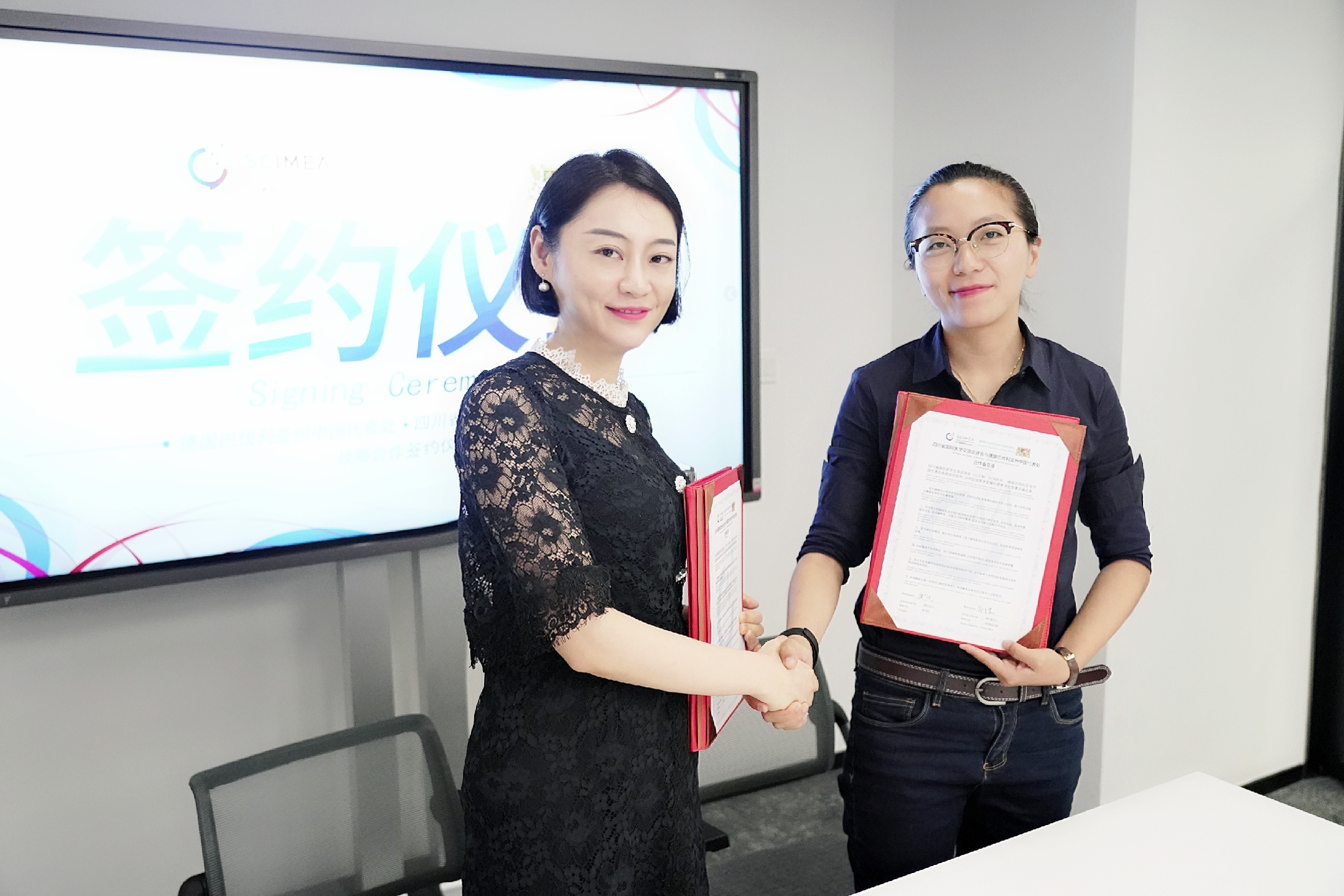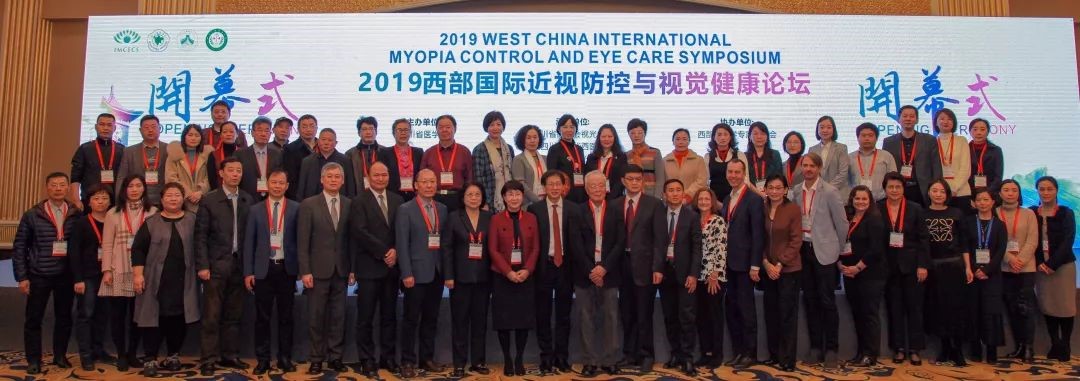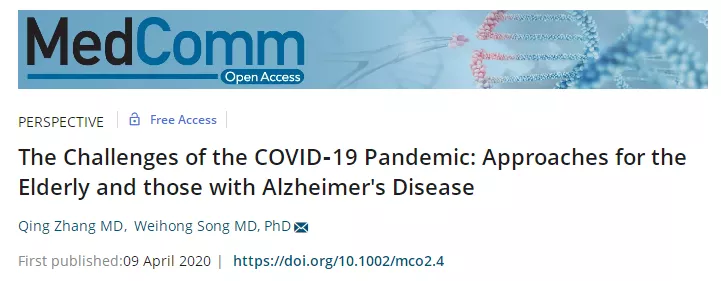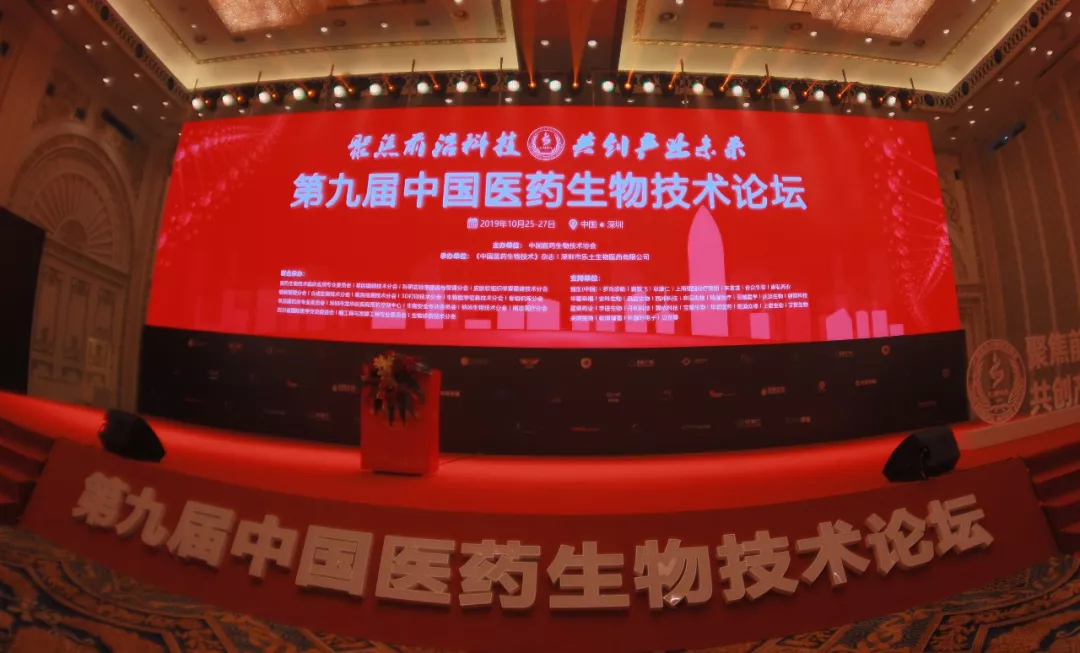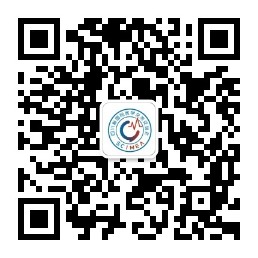Interview | Masanori Fukushima: TRI in Dire Need of Exploring Application of TCM with China
Source: The Cover
© SCIMEA and The Cover
Video
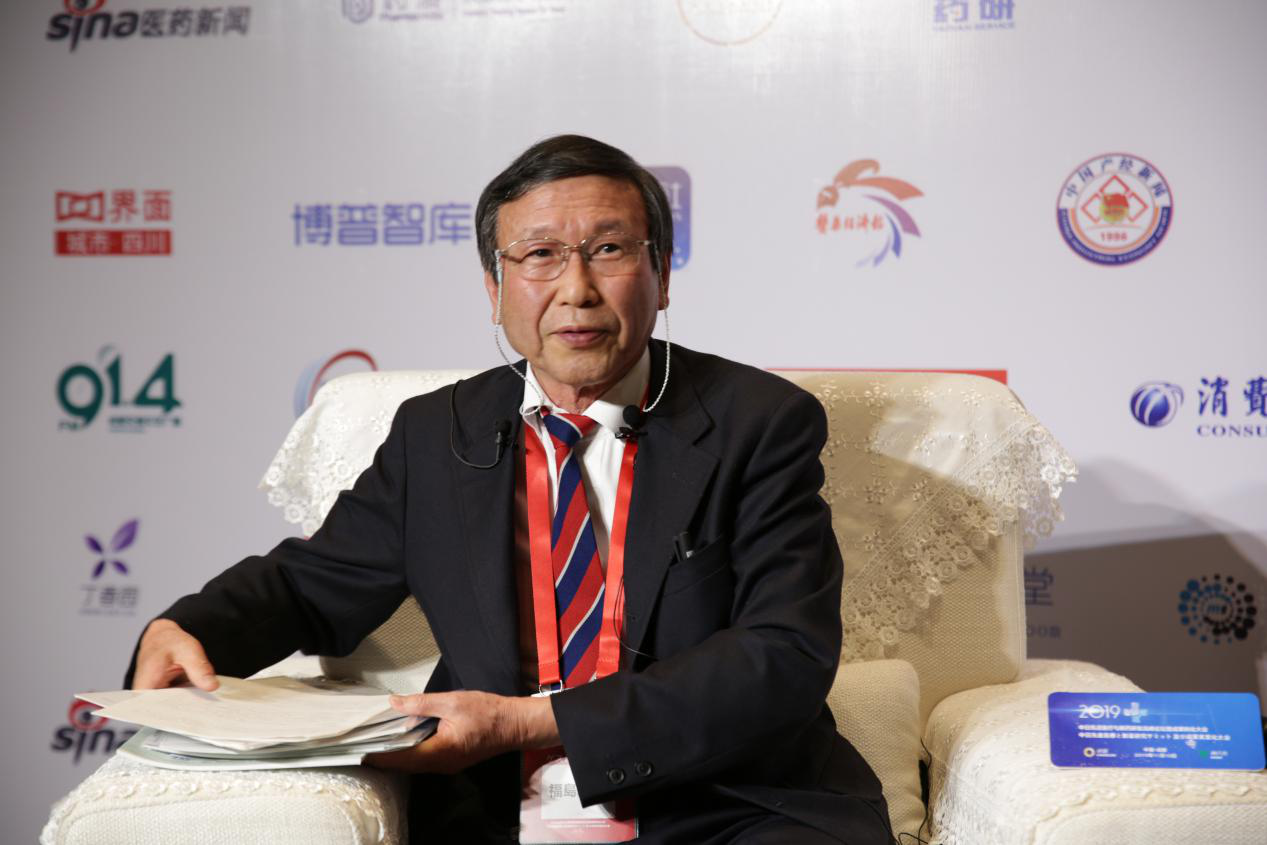
Masanori Fukushima, President of Translational Research Center for Medical Innovation (TRI)
On the 2019 China-Japan Advanced Medical and New Drug R&D Summit and Achievements Transformation Conference on November 10, the Translational Research Center for Medical Innovation (TRI) showcased its programs and products of more than 400 ongoing and completed clinical trials, ranging from stem-cell therapy and immunotherapy to gene therapy and regenerative medicine. “We have completed the first round of clinical trials on regenerative medicine,” said Masanori Fukushima, President of TRI, “and we hope to present it at this conference.”
Besides cooperation in the realm of bio-medicine, President Fukushima also considered the R&D and application of traditional Chinese medicine (TCM) one of their top priorities.
“One thing that TRI is in dire need of working with China is,” he said, “the development of TCM.” Recently the number of ulcerative colitis (UC) patients has multiplied in Japan, especially among young people. The disease has made a staggering impact on their lives. Prof. Takanori Kanai of Keio University proved in his experiment TCM’s prominent efficacy in the treatment of UC. “Therefore, we plan to join hands with Chinese company to get the medicine approved in China, and then import it into Japan.” President Fukushima said, “We also hope to market the medicine in America, Europe and even across the world.”
As Japan faces the rapid graying of its population, President Fukushima pointed out one of the country's pressing issues was to lower the demand for nursing personnel. To achieve that goal, medical innovation could be a plausible approach to three diseases, i.e. stroke, dementia and osteoarthritis. Regenerative medicine, a type of medical innovation, might be the solution to help bed-ridden or paralyzed patients, as well as those with dementia or osteoarthritis. Similarly, the aging population in China, South Korea and Singapore are rising swiftly, where these countries are confronted with the same challenge.
“China might become a powerhouse for the development of medicines. We have worked with Fudan University for more than two decades on how to cure Alzheimer’s, and we have made significant headway.” President Fukushima continued, “One of China’s strengths is that their hospitals can promptly collect massive patient data. I believe if we join forces, we will benefit more people on the medical front.”
Correspondent of The Cover: Zhou Jiayi
Photo by Li Qiang


